Series Behavior with the n-th Term Test: Divergence Test
The n-th Term Test is a fundamental tool in determining whether a series converges or diverges. It examines the behavior of the terms in a series as \(n\) approaches infinity. Specifically, if the limit of the n-th term \(a_n\) does not approach zero, the series diverges. However, if \(\lim_{n \to \infty}\) a_\(n = 0\), the test is inconclusive, meaning the series could still converge or diverge, and further tests are needed. The n-th Term Test is often the first step in analyzing a series’ behavior.
[include_netrun_products_block from-products="product/6-south-carolina-sc-ready-grade-3-math-practice-tests/" product-list-class="bundle-products float-left" product-item-class="float-left" product-item-image-container-class="p-0 float-left" product-item-image-container-size="col-2" product-item-image-container-custom-style="" product-item-container-size="" product-item-add-to-cart-class="btn-accent btn-purchase-ajax" product-item-button-custom-url="{{url}}/?ajax-add-to-cart={{id}}" product-item-button-custom-url-if-not-salable="{{productUrl}} product-item-container-class="" product-item-element-order="image,title,purchase,price" product-item-title-size="" product-item-title-wrapper-size="col-10" product-item-title-tag="h3" product-item-title-class="mt-0" product-item-title-wrapper-class="float-left pr-0" product-item-price-size="" product-item-purchase-size="" product-item-purchase-wrapper-size="" product-item-price-wrapper-class="pr-0 float-left" product-item-price-wrapper-size="col-10" product-item-read-more-text="" product-item-add-to-cart-text="" product-item-add-to-cart-custom-attribute="title='Purchase this book with single click'" product-item-thumbnail-size="290-380" show-details="false" show-excerpt="false" paginate="false" lazy-load="true"] [include_netrun_products_block from-products="product/6-south-carolina-sc-ready-grade-3-math-practice-tests/" product-list-class="bundle-products float-left" product-item-class="float-left" product-item-image-container-class="p-0 float-left" product-item-image-container-size="col-2" product-item-image-container-custom-style="" product-item-container-size="" product-item-add-to-cart-class="btn-accent btn-purchase-ajax" product-item-button-custom-url="{{url}}/?ajax-add-to-cart={{id}}" product-item-button-custom-url-if-not-salable="{{productUrl}} product-item-container-class="" product-item-element-order="image,title,purchase,price" product-item-title-size="" product-item-title-wrapper-size="col-10" product-item-title-tag="h3" product-item-title-class="mt-0" product-item-title-wrapper-class="float-left pr-0" product-item-price-size="" product-item-purchase-size="" product-item-purchase-wrapper-size="" product-item-price-wrapper-class="pr-0 float-left" product-item-price-wrapper-size="col-10" product-item-read-more-text="" product-item-add-to-cart-text="" product-item-add-to-cart-custom-attribute="title='Purchase this book with single click'" product-item-thumbnail-size="290-380" show-details="false" show-excerpt="false" paginate="false" lazy-load="true"]
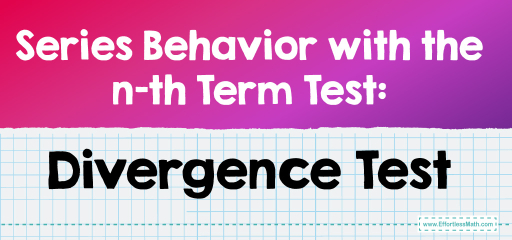
The n-th Term Test is a fundamental method for determining the divergence of an infinite series. The test examines the behavior of the terms of the series as nn approaches infinity. Check out online math resources for more practice.
How It Works:
Given a series \(\sum a_n\), the n-th Term Test states:
- If \(\lim_{n \to \infty} a_n \neq 0\), the series diverges.
- If \(\lim_{n \to \infty} a_n = 0\), the test is inconclusive, meaning the series might converge or diverge. Further tests are needed.
Why It Works:
The intuition behind the test is simple: For a series to converge, its terms must approach zero as nn grows large. If the terms do not approach zero, the series cannot possibly sum to a finite value, and thus, it diverges. However, if the terms approach zero, we cannot conclude convergence, as some series with terms approaching zero still diverge (like the harmonic series).
Example of Divergence:
Consider the series \(\sum_{n=1}^\infty \frac{1}{n}\), the harmonic series.
- The terms are \(\frac{1}{n}\).
- \(\lim_{n \to \infty} \frac{1}{n} = 0\).
Since the terms approach zero, the n-th Term Test is inconclusive. However, we know that the harmonic series diverges because the sum grows without bound, even though the terms approach zero.
Example of Divergence (non-zero limit):
Consider the series \(\sum_{n=1}^\infty 1\).
- The terms are \(a_n = 1\).
- \(\lim_{n \to \infty} 1 = 1\).
Since the terms do not approach zero, the n-th Term Test tells us the series diverges.
Conclusion:
The n-th Term Test is a quick and effective method for determining divergence. If the limit of the terms does not approach zero, the series must diverge. However, if the terms approach zero, more tests are necessary to determine if the series converges.
Frequently Asked Questions
How do I help my child prepare for the math test?
To effectively prepare your child for their math test, start by ensuring they understand the basics, such as the n-th Term Test for series, which helps determine if a series diverges or converges. Practice is key, so incorporating a variety of Worksheets can provide thorough preparation and help identify areas where they might need more focus. Additionally, consider enhancing their learning with resources from the Top 10 Grade 3 Math Books Inspiring Young Mathematicians To Explore, which are designed to inspire and deepen their understanding of math concepts.
What math skills should my 3rd grader know?
In third grade, math skills focus on developing a solid foundation in basic arithmetic, understanding of fractions, and the basics of geometry. Your child should be comfortable with addition, subtraction, multiplication (particularly the use of times tables), and basic division. They should also begin exploring fractions, recognizing shapes, and understanding the properties of these shapes. To support their learning journey, consider exploring Top 10 Grade 3 Math Books Inspiring Young Mathematicians To Explore and using Worksheets for additional practice. These resources can be especially helpful to reinforce concepts at home, ensuring a deeper understanding and retention of key mathematical principles.
What is the difference between mean, median, and mode?
The terms mean, median, and mode each describe different ways to measure the central tendency of a set of numbers. The mean is the average of all numbers, obtained by adding them together and dividing by the quantity of numbers. The median is the middle value when the numbers are arranged in order, and if there is an even number of values, it is the average of the two middle numbers. The mode refers to the number that appears most frequently in a set. Understanding these concepts can be particularly helpful in interpreting data and determining trends, much like using the n-th Term Test to analyze series behavior in math. For further insight into interpreting numerical data, exploring topics on various math concepts could be beneficial.
Related to This Article
More math articles
- Top Free Websites for FTCE General Knowledge Math Preparation
- SAT Math Vs. High School Math
- 10 Most Common 4th Grade Common Core Math Questions
- SAT Cаlсulаtоr Pоliсу
- The Ultimate PSAT Math Formula Cheat Sheet
- 3rd Grade Scantron Math Worksheets: FREE & Printable
- Full-Length 7th Grade STAAR Math Practice Test-Answers and Explanations
- FREE 4th Grade OST Math Practice Test
- FREE 3rd Grade OST Math Practice Test
- Top 10 FTCE Math Practice Questions
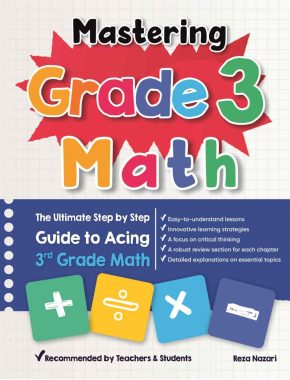
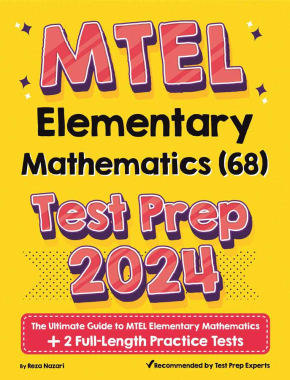





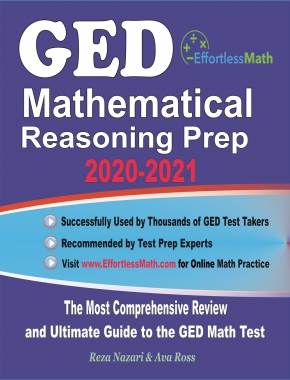
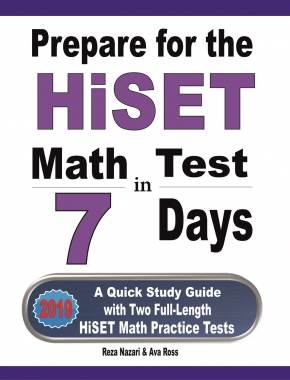
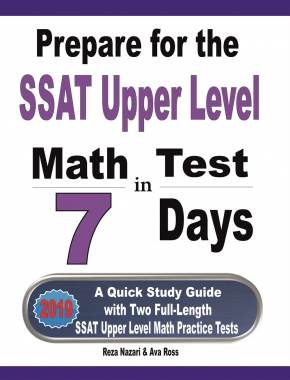
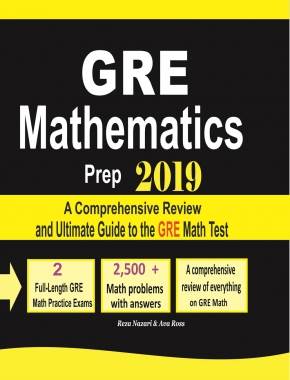
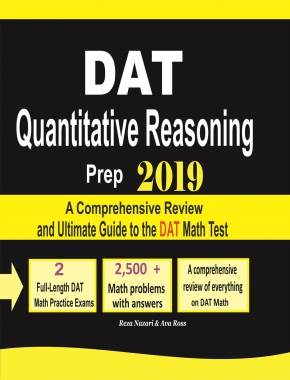
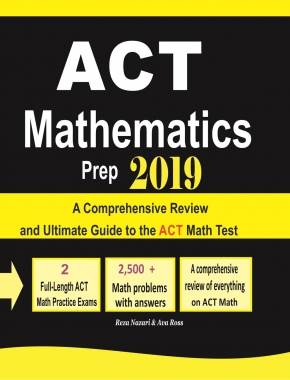
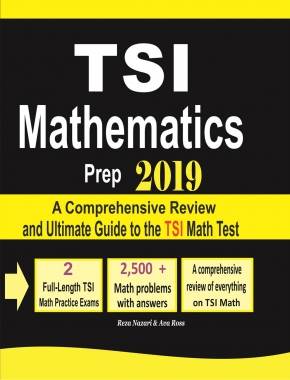
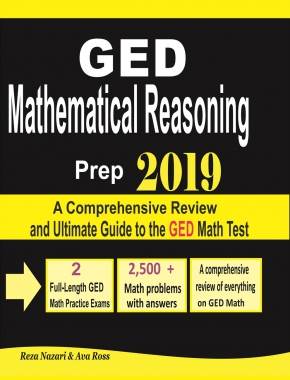
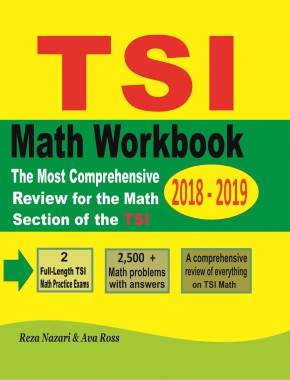











What people say about "Series Behavior with the n-th Term Test: Divergence Test - Effortless Math: We Help Students Learn to LOVE Mathematics"?
No one replied yet.